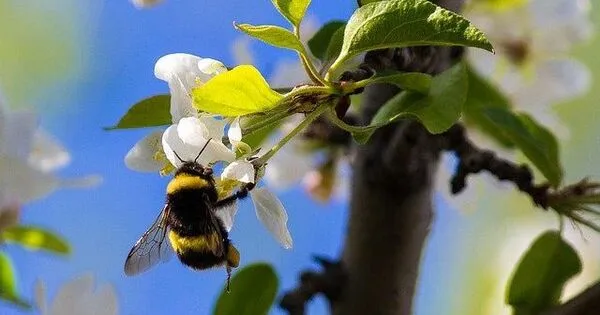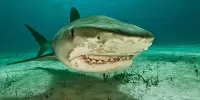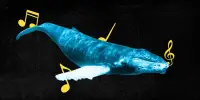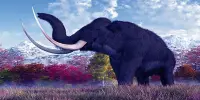An experimental study discovered that without bumble bees, a flowering plant that can self-pollinate lost significant genetic variation in only nine generations. An experiment discovered that “selfing” monkeyflower plants lost 13% to 24% of their genetic variation when compared to another group propagated by bumble bees.
When compared to another group that was propagated by bumble bees, a group of “selfing” monkeyflower plants lost 13% to 24% of their genetic variation. According to a study published in the journal Evolution, this loss may rob plants of their ability to adapt to environmental challenges. With bee populations declining in the wild, the findings raise serious concerns for wild plants and crops that rely on these pollinators.
Responding to changes in nature or the overall environment requires genetic variation. The good news is that they used bumblebees, and while they claim they are in decline, evidence does not support this claim, so the plants are not in danger in the short term. Even better, pollination is not limited to bumblebees; there are over 25,000 species of bees alone, and many other insects pollinate. An experiment conducted outside of a closed greenhouse would demonstrate this.
A really important next step is to see how quickly highly inbred groups’ viability declines over time — to know how quickly those populations will go extinct. We need to fully comprehend the consequences of pollinator extinction. It will have an impact on plant and crop populations in the wild. Many crops rely on bees.
Jeremiah Busch
“We discovered that when plants had to adopt selfing, there were major consequences on their genomes in a very short amount of time,” said Jeremiah Busch, an evolutionary biologist at Washington State University and the study’s lead author.
Pollinators like bees are important to biodiversity in their own right, Busch added, but the study indicates that their decline will also have potentially devastating impacts on plants, and quickly.
“If pollinators are lost, it’s not just going to be a problem for the pollinators: plant populations will lose genetic variation in tens of generations — not thousands, but tens,” said Busch.
While scientists have known that adopting self-pollination can endanger a plant species long-term survival, they did not know exactly how that worked genetically or how quickly.
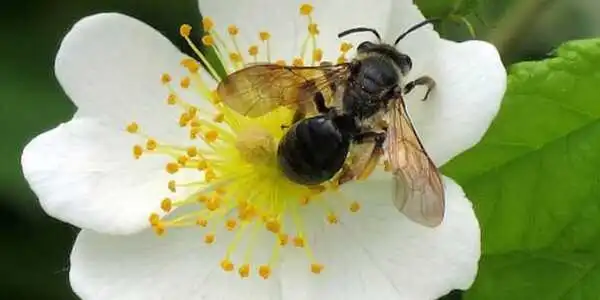
Busch’s colleagues set up a controlled greenhouse experiment using yellow monkeyflower plants, a common wildflower found in the Western U.S., in which a group of plants were isolated from their bumble bee pollinators. At first the non-bee plants produced few seeds, then they produced a lot as they adapted to self-pollinate. The flowers changed as well with their male and female reproductive parts, the tops of their stamens and pistils, moving closer together to allow for the easier transfer of pollen.
While the selfing plants kept reproducing, they lost genetic variation when compared to a control group visited by bumble bees. Busch believes that adaptation is crucial in explaining these unexpected declines. A favored genotype will spread if it has an advantage in selfing populations, but so will all other mutations it carries, simply because they are lucky enough to reside in that plant’s genome. Because offspring are a mix of their parents’ genetic variability, this phenomenon of “genetic hitchhiking” is much less pronounced when bees visit plants.
“Strong inbreeding fundamentally altered the consequences of adaptation,” he said. Future research should follow plants over a longer period of time to see if and when the loss of genetic variation leads to population collapse, said Busch.
“A really important next step is to see how quickly highly inbred groups’ viability declines over time — to know how quickly those populations will go extinct,” he said. “We need to fully comprehend the consequences of pollinator extinction. It will have an impact on plant and crop populations in the wild. Many crops rely on bees.”
The National Science Foundation funded this research, as did a WSU sabbatical for Busch, which allowed him to collaborate with co-authors John Kelly and Sharif Tusuubira of the University of Kansas, as well as Sarah Bodbyl-Roels of the Colorado School of Mines.
